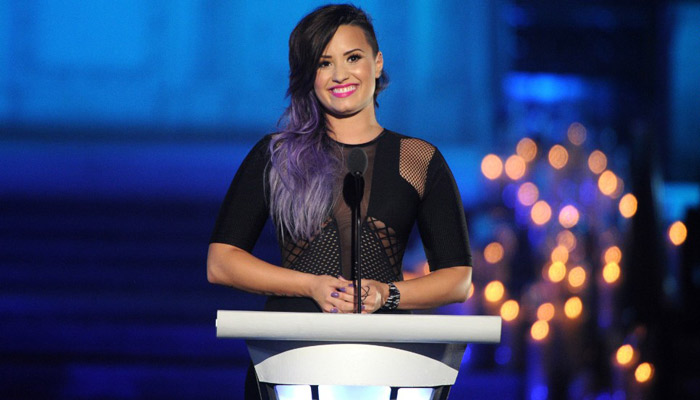As John Oliver noted in a segment on gun violence in Last Week Tonight, the fact that mental health is invoked only in a sombre context and only with a negative connotation is disturbing and unfounded. Mental illness becomes the scapegoat for tragedies which in reality may have had absolutely no part to play in the matter. Oliver mentions that the vast majority of those who cope with mental illness are not violent at all and that the majority of gun violence is committed by those who are not mentally ill.
The video and accompanying articles attempt to educate people about the immense and ridiculously confusing stigma surrounding mental health, and if the number of shares and positive comments on social media is any indication, Oliver is making waves. While Oliver’s comments are brilliant and sharp, his reputation as a famed and beloved comedian has a huge part to play in affording him the privilege of respect, which is an advantage other—perhaps less recognized or valued—celebrities are not granted.
Just like Oliver, ex-Disney darling and sugar-pop sensation Demi Lovato has not been shy about speaking about mental health. Diagnosed with bipolar disorder as a teen, Lovato seizes every opportunity she can to encourage her fans not to let the mental health stigma surrounding prevent them from speaking out and seeking help. Recently, in front of Congress, Lovato campaigned for mental health reform—she gave an emotional and personal testimony to the importance of taking action on all levels of society and government.
Unlike Oliver, Lovato's words fell on deaf and disdaining ears. While positive comments on Oliver’s video include grateful thank you’s and hearty support, comments on Lovato’s assertions are scathing and personal.
“Who takes advice from uneducated 20-somethings?” one Huffington Post commentor scoffed. Another expressed anger that “just because she is famous, she gets to sit and talk to Congress about something bothering her.” Others rolled their eyes at Lovato, telling her to “shut up already, we get it…you’ve been through a lot. So have most people.”
Rather than supporting Lovato’s use of her broad influence and public platform to speak about her own personal roadblocks (and in doing so, connecting herself with other young girls who may be struggling with mental health issues), people instead chose to mock her and berate her. Angry commenters claimed that Demi was not like them, and the fact that she would act like she understood their real mental health issues was insulting.
But celebrities are real people, which is something society relishes in overlooking. Lovato is also a brave, young, vocal spokeswoman who is attempting to use her postion in society to address an issue relevant not only to herself but to a huge chunk of the population. The discourse of mental health truly represents a dangerously gaping hole in policy, medicine, and general cognizance. Garnering more press, more money, and more fame does not mean what Lovato has to say is less pertinent, and cynically degrading her only serves to minimize the important issues she’s doing her best to address.
The press and the public have heralded Jennifer Lawrence recently for her strong essay on equal pay in Hollywood, and one can only imagine that positivity is granted to her because of the universal appreciation and respect she enjoys. Hypocrisy born of superficiality and skewed media is evident in the fact that rather than getting pushback like Lovato did, fans and society praise Lawrence for using her celebrity to take a stand.
A critical self-examination is crucial. If society chooses to play favorites in pop culture and decide exactly which public figures are important, and whose messages don’t matter, there is a risk of falling into a vulnerable hegemonic position in which people selectively listen and respond only to those who are arbitrarily determined to have something meaningful to say.
That’s a problem, because if society doesn’t want to listen to all of the people who have personal stories and experiences to share, and those who have the power and the will to speak out to millions of people, then who can they listen to? And are they going to make any kind of a difference?









how dehumanizing. 🙁